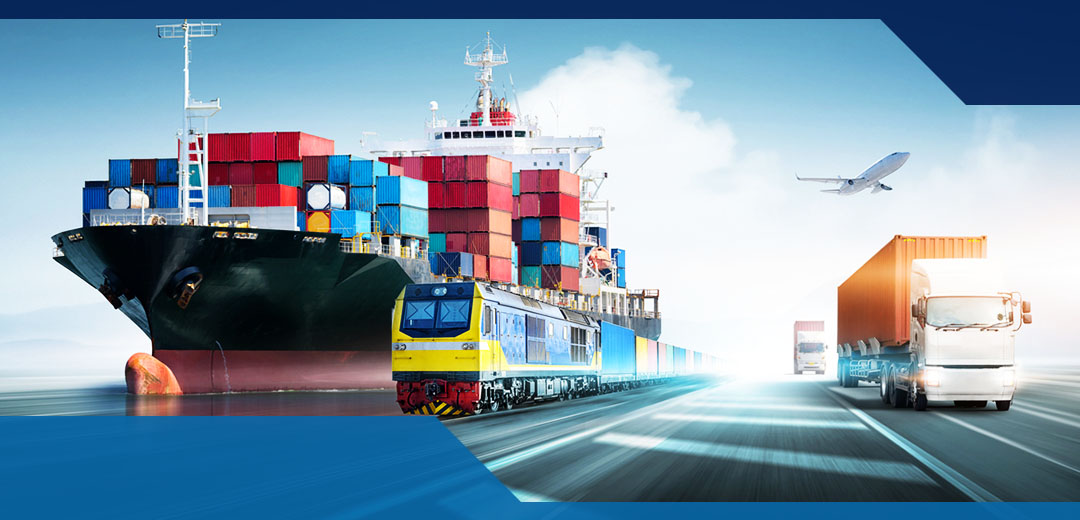Cargo Expedition: The Backbone of International Trade and Connectivity
Cargo Expedition: The Backbone of International Trade and Connectivity
Blog Article
Cargo voyages form the primary source of international trade as they ensure the efficient movement of products across borders as well as continents. They play a critical role as they connect suppliers, manufacturers as well as consumers, helping to boost the development of the global economy. From transporting raw materials to production to shipping finished goods to markets, cargo expeditions make sure supply chains function effectively. With the rapid pace of globalization, the need for efficient and reliable cargo services has increased dramatically changing the market into a complex network of logistics, technology, and infrastructure. Any successful trade deal, whether small or large, hinges on the effectiveness of cargo operations.
The range of cargo excursions can be attributed to their ability in adapting to a variety of modes of transportation that meet particular transportation requirements. Air freight provides unparalleled speed and is the preferred choice for expensive or time-sensitive goods such as electronics and medical supplies. Ocean freight is the most popular in terms of volume and facilitates the transportation of bulk commodities like agricultural commodities, crude oil such as cars and agricultural products. Land transportation, which includes railroad networks and trucks connects airports and ports to their final destinations, ensuring efficient logistics solutions. Integration of these transport modes into multimodal systems allows cargo transports to achieve the right balance between efficiency costs, price, and delivery times, which makes them vital to all businesses.
The sheer complexity of cargo journeys demands a coordinated approach between different stakeholders, including shipping companies, customs authorities, and logistical providers. One of the most significant problems in the transportation of cargo is managing customs clearance and international laws. Different countries have varying import/export restrictions, tariffs, and documentation requirements that can create delays or raise costs. To navigate these complexities logistics firms must know the intricacies of local laws, tariffs and the compliance rules. That's why many companies depend on professional freight forwarders and customs brokers in order to oversee the legal aspects of transporting cargo. Their expertise guarantees that products can be handled smoothly at the customs checkpoints, and that they are the goods are delivered in time.
As the global logistics industry is growing and develop, technology is playing a greater role creating cargo trips. The latest developments in tracking systems along with digital documentation as well as automated Cargo Expedition handling are transforming how goods are managed throughout the expedition process. GPS and RFID technology enable real-time tracking of shipments which provide both the shipping business and customer with up-to-date information about the exact location of cargo. This technology has made it easier to monitor the condition of cargo, ensuring that any delay or problems are swiftly resolved. In addition, digitalization has helped streamline procedures for documentation, decreasing the need for paper-based paperwork and making the customs clearance process easier and faster. To get supplementary details please look at Muat
Sustainability is also a major consideration when it comes to cargo expeditions, as logistical companies are under greater pressure to reduce its environmental impact. Transportation, particularly in the air and maritime sectors is a major contributor to global carbon emissions. To combat this increasing demand, many businesses are implementing greener practices, for example, using environmentally friendly fuel, optimizing routes in order to cut down on fuel consumption, as well as investing in eco-friendly technologies. In addition, a few companies are investigating alternative options for shipping cargo such as electric or solar-powered vessels to lower their carbon footprint. The increased emphasis placed on environmental sustainability during cargo journeys is a reflection of a wider shift towards sustainability as well as the necessity to combat climate change.
The increasing demand for cargo transport solutions is largely influenced by the growth of online shopping, which has dramatically changed how goods are sold and bought. E-commerce has brought about an online marketplace that allows goods are distributed to buyers on different continents. This has resulted in faster and more reliable delivery methods. Online retailers, especially giants such as Amazon and Alibaba are revolutionizing the logistics industry by using advanced technology in their supply chains. This allows companies to provide near-instant delivery times. They have raised the bar for other firms, and forced them to invest in fast cargo expedition solutions to remain competitive. As e-commerce continues to grow increasing the demand for more efficient and effective cargo services will be more critical more than ever before, creating new logistics infrastructures across the world and driving the development of new solutions across the field.